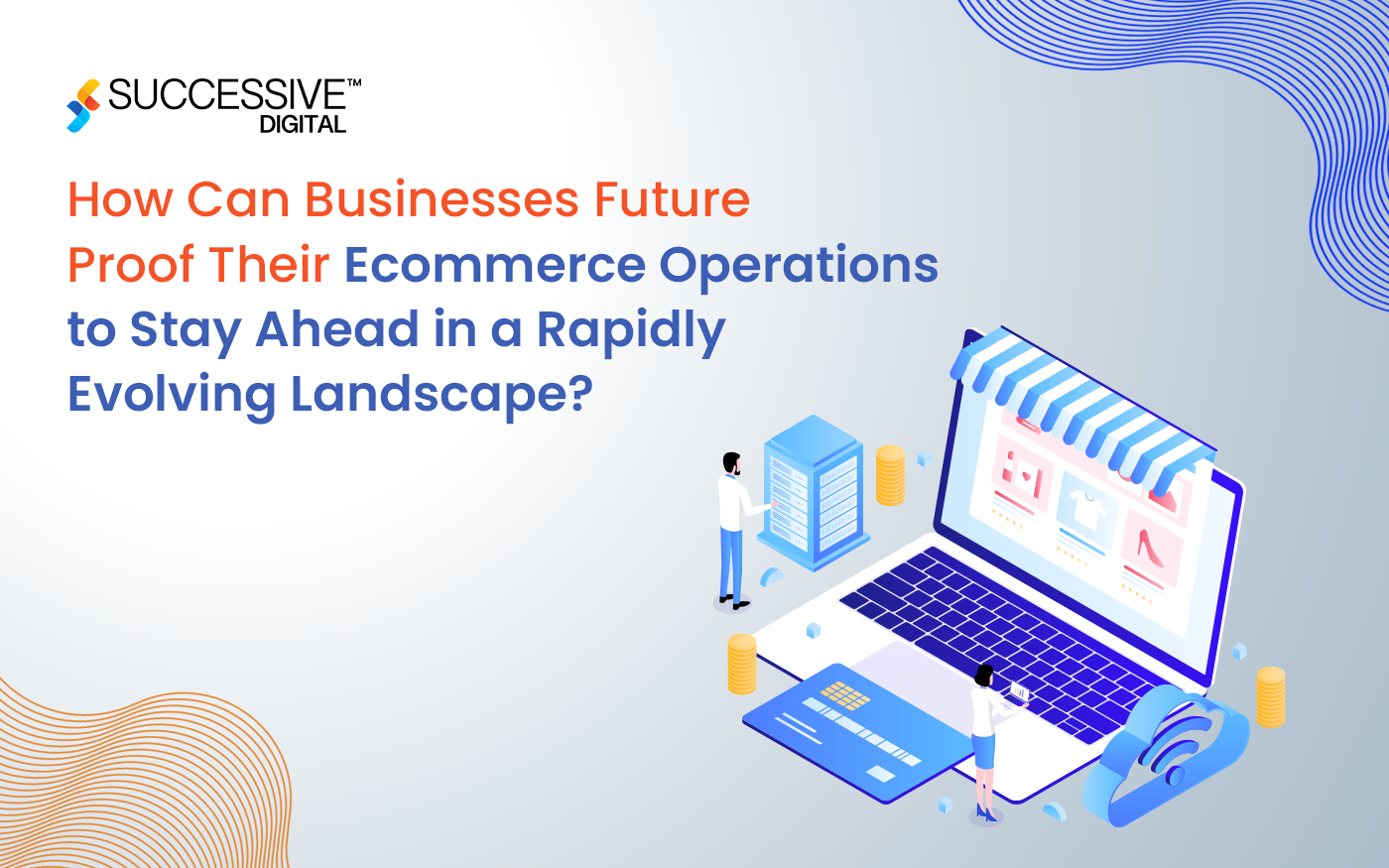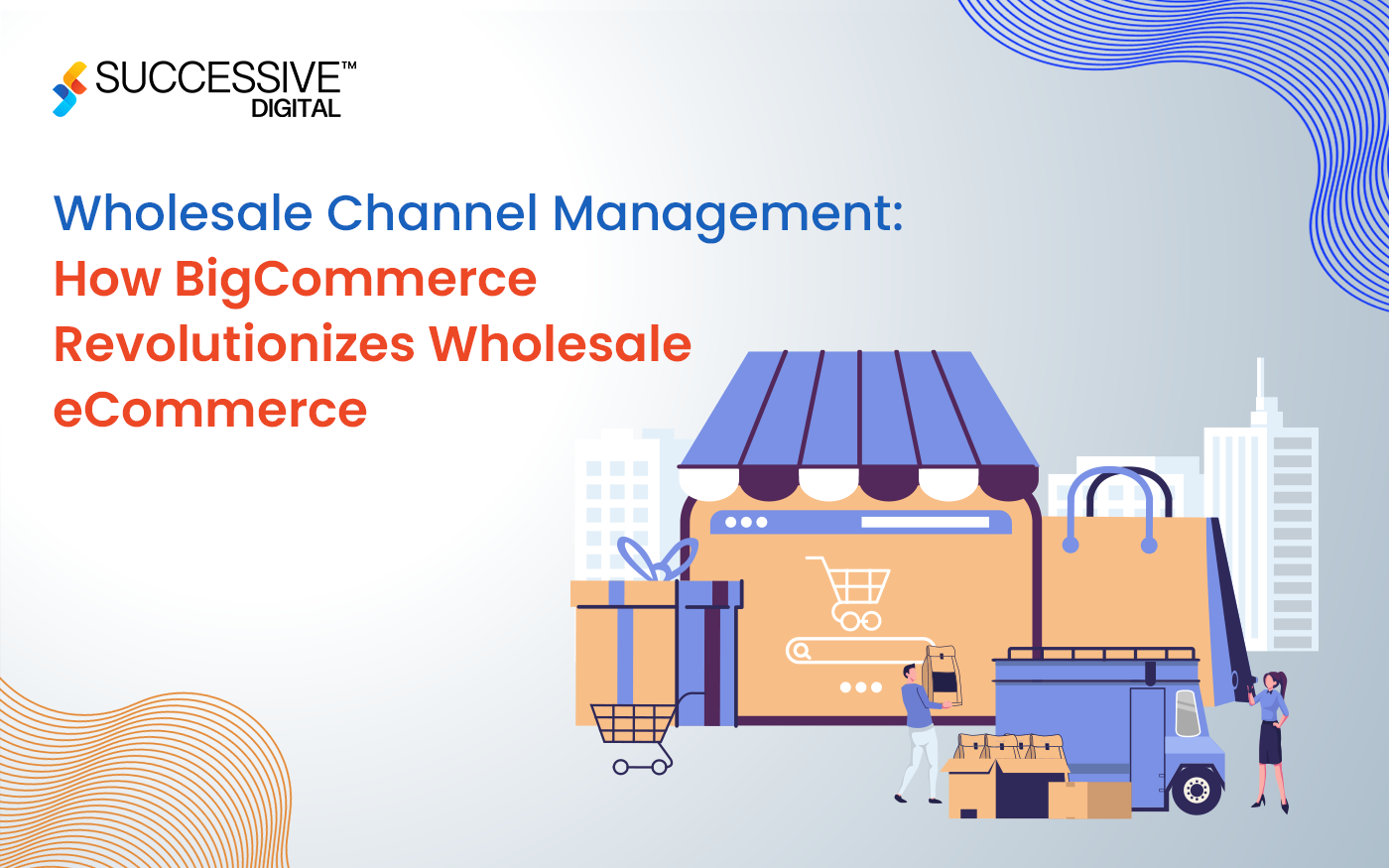In the ever-expanding eCommerce space, where innovation is constant and customer expectancies are higher, the capability to adapt and scale is critical for competitiveness. Against this backdrop, cloud integration in e-commerce is transformative, offering online companies the agility, scalability, and flexibility necessary to navigate the intricacies of the digital landscape.
As companies endeavor to fulfill the demands of an interconnected world, adopting cloud solutions has emerged as a driving force in their digital initiatives. Ecommerce structures can streamline operations, enhance performance, and deliver top-notch user experience by seamlessly linking disparate structures, applications, and offerings within the cloud ecosystem.
This blog explores the numerous ways in which cloud integration empowers e-commerce platforms, with a specific focus on scalability and flexibility. From seamlessly coping with surges in site visitors throughout peak seasons to adapting rapidly to changing marketplace trends, cloud integration is reshaping the e-commerce landscape, allowing brands to thrive amidst uncertainty and disruption.
Understanding Cloud Integration in eCommerce
Cloud integration in ecommerce represents the seamless fusion of cloud-based technology with online retail operations, revolutionizing how companies manage and optimize their digital presence. This integration encompasses connecting and synchronizing various cloud-based programs, offerings, and structures, growing a cohesive ecosystem that drives performance and innovation.
At its core, cloud integration permits ecommerce systems to leverage the sizeable benefits of cloud computing, including ecommerce scalability with cloud technology, flexible resource allocation, and superior accessibility. By migrating key capabilities, hosting, information storage, and applications to the cloud, businesses can reduce reliance on conventional on-premises infrastructure while accessing a wealth of cloud-based advantages and offerings.
Cloud integration also allows seamless communication and data exchange among distinctive components of the ecommerce environment, including stock management systems, client relationship management (CRM) platforms, payment gateways, and analytics tools. This interconnected infrastructure allows real-time visibility into essential business metrics, empowering decision-makers to make informed decisions and optimize overall performance.
Cloud integration in eCommerce serves as a catalyst for digital transformation, enabling brands to respond quickly to evolving market dynamics, scale operations successfully, and extend remarkable customer experiences.
Scalability: Meeting Growing Demands Seamlessly
Scalability in e-commerce must meet growing demands, but it is more than just empowering e-commerce with cloud solutions; it also ensures uninterrupted operations and optimal user experience. In online retail, where visitors surge during peak seasons, promotions, or viral marketing campaigns can stress conventional infrastructure, scalability will become essential in maintaining overall performance and reliability.
Cloud integration allows ecommerce platforms to scale dynamically, permitting them to manage resources and effortlessly expand traffic or transaction volumes. Unlike conventional on-premises solutions, which frequently require highly-priced hardware improvements and prolonged provisioning techniques to house increased needs, cloud-based infrastructure offers immediate scalability on demand. Cloud integration enables organizations to scale their operations seamlessly in reaction to fluctuating demands, whether provisioning additional server instances, leveraging auto-scaling abilities, or utilizing content material delivery networks (CDNs) to distribute site visitors.
Moreover, cloud-based solutions follow a pay-as-you-go model, enabling companies to allocate assets efficiently and decrease expenses. This flexibility lets e-commerce systems scale up all through peak season and decrease at some point in quieter instances, ensuring the most suitable resource usage and cost-effectiveness.
Flexibility: Adapting to Changing Market Trends
Flexibility is one of the key benefits of cloud integration for online retail, and it can evolve successfully in response to growing market trends, purchaser preferences, and industry dynamics. In cutting-edge, fast-paced digital surroundings, wherein trends can shift rapidly, and new technology emerges continuously, the capability to remain agile and responsive is paramount for staying ahead of the competition.
Cloud integration is pivotal in permitting flexibility for ecommerce platforms by presenting access to various tools, services, and resources that may be easily incorporated and custom-designed to fulfill specific enterprise desires. Companies can test new features, functionalities, and technologies with cloud-based solutions without traditional infrastructure constraints. Whether implementing AI-powered chatbots for customer support, incorporating personalized recommendation engines, or adopting modern payment methods, cloud integration helps rapid innovation and model.
Cloud-based platforms offer seamless integration with third-party applications and programs through APIs (Application Programming Interfaces), allowing e-commerce systems to tap into a rich ecosystem of complementary solutions. This interoperability enables brands to leverage best-of-breed tools for diverse features, including logistics, advertising and marketing, analytics, and enhanced flexibility and scalability.
Case Study: How Cloud Integration Transformed an Ecommerce Company
To illustrate the real-world effect of cloud integration in ecommerce, let’s consider the case of a reputed Ecommerce, an online retailer focusing on consumer electronics. Before embracing cloud integration, the company faced several challenges, including scalability barriers, high infrastructure costs, and a rigid internal technology structure.
The company can now use digital transformation tools by migrating to a cloud-based e-commerce platform and integrating it with various cloud offerings. The platform became capable of seamlessly handling peak site visitors throughout promotional activities and holiday seasons, ensuring a satisfactory buying experience for customers. The pay-as-you-go cloud computing model also allowed the retailer to optimize expenses and allocate resources correctly.
Moreover, cloud integration enabled the company to test innovative capabilities, which include real-time product recommendations and personalized advertising campaigns using engagement and conversions. The retailer also received valuable insights into consumer conduct and marketplace developments by leveraging cloud-based analytics tools, enabling data-powered decision-making and continuous platform optimization.
The flexibility of cloud integration empowered the ecommerce giant to expand its operations globally, effectively achieving new markets and clients. By leveraging cloud-based translation services and regional data centers, the business could localize content material, currencies, and payment techniques to cater to numerous audiences.
Conclusion
The cloud integration in eCommerce platforms is a game-changer. It presents unprecedented scalability and versatility that empower businesses to thrive in a competitive market environment. By embracing cloud-based solutions and adopting a holistic integration technique, e-commerce companies can unlock new possibilities for growth, innovation, and success.












